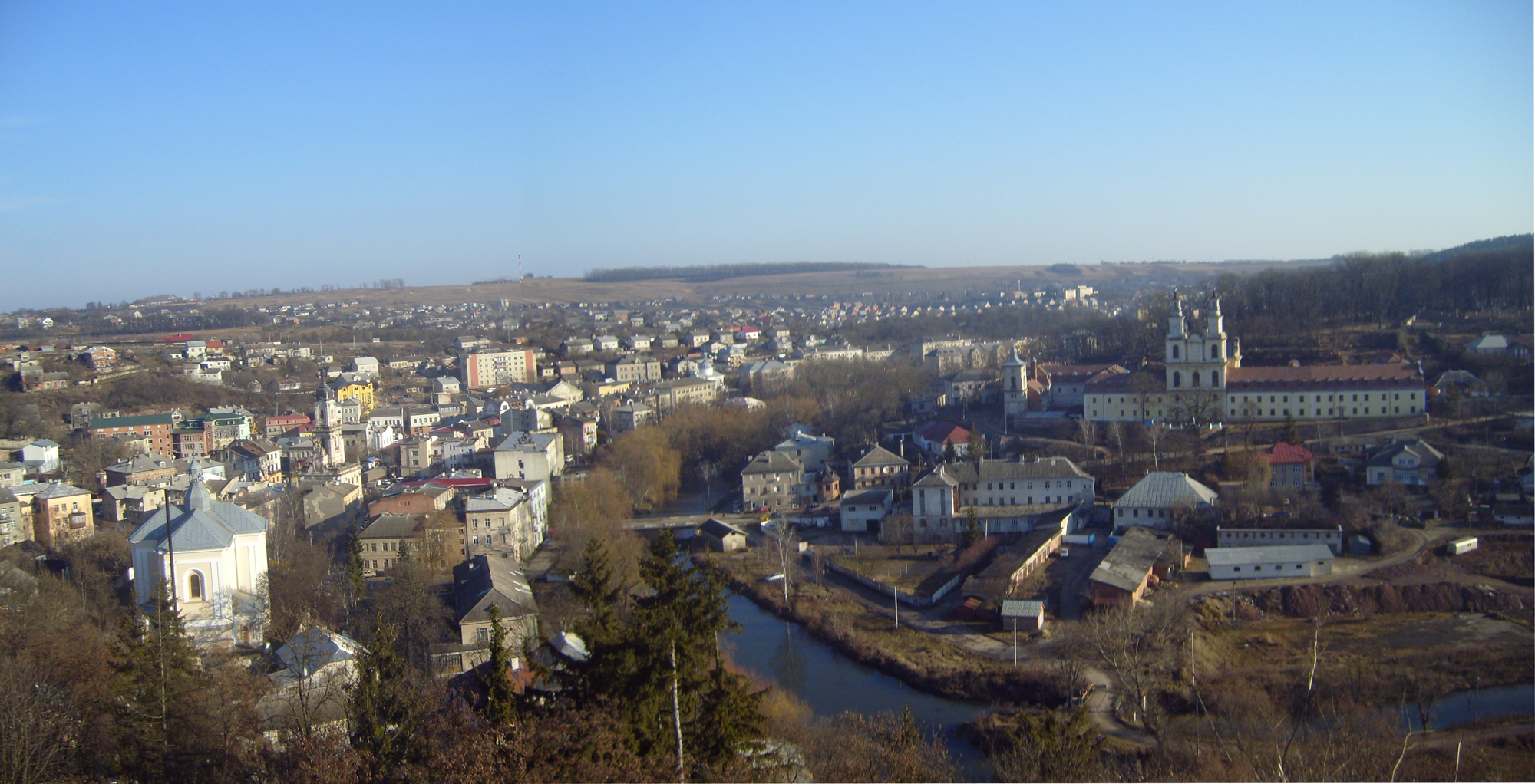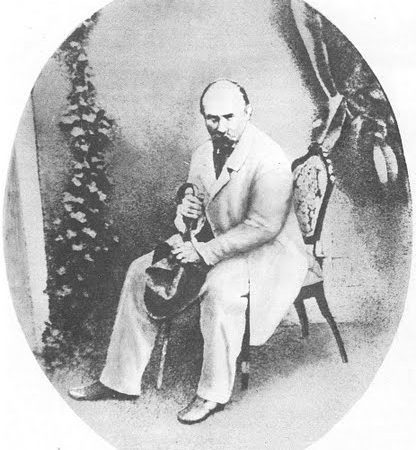Video: “Taverns, Vodka, and the Right to Drink: Jews and Slavs in Ukrainian Market Towns”

Video of a Seminar from Yohanan Petrovsky-Shtern, “Taverns, Vodka, and the Right to Drink: Jews and Slavs in Ukrainian Market Towns”
Featured Image: Buchach, a market town in Ternopil Oblast. Source: Wikipedia.
Abstract
In the Slavic imagination, the Jew was a quintessential inn-keeper—cunning, but ready with low prices on high-quality vodka. The Jewish tavern was a multi-purpose shtetl institution where Poles, Russians, Ukrainians, and Jews did deals, arranged marriages, heard and discussed news, listened to music, played billiards and cards—and smoked, drank, ate, and danced. Since liquor-trade revenues yielded a handsome income, both the Russian administration and the Polish nobility did their best to control and tax liquor. Explore how the Jews in the shtetls outwitted the liquor monopolists and why for shtetl dwellers of different creeds the right to drink turned into a quest for freedom.
About Yohanan Petrovsky-Shtern
Yohanan Petrovsky-Shtern (Ph.D. Moscow, 1988; Brandeis, 2001) is the Crown Family Professor of Jewish Studies and Professor of Jewish History (Department of History, Northwestern University, USA). He has published several books, including Jews in the Russian Army, 1827-1917: Drafted into Modernity (2008), The Anti-Imperial Choice: the Making of the Ukrainian Jew (2009, winner of the American Association of Ukrainian Studies book award), and Lenin’s Jewish Question (2010). His books Evrei v Russkoi armii (2003) and Evreiskii vopros Leninu (2012) appeared in Russian, his chapters for the three-volume Toldot yehudey Rusya (2011-2012) appeared in Hebrew. He has completed a new book The Golden-Age Shtetl, and, together with his colleague Dean Bell, is working on a documentary history of the Jews in early modern world, 1450-1750.
